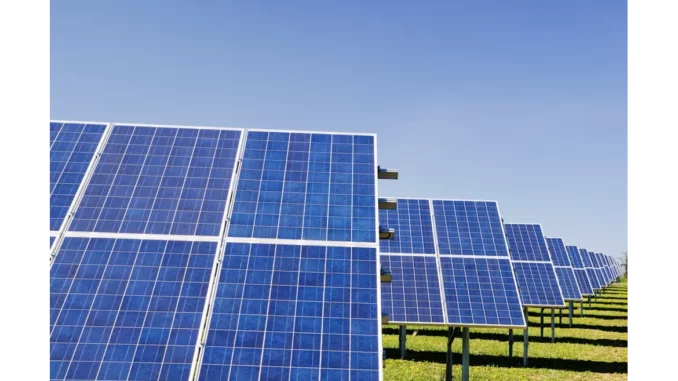
The convergence of cryptocurrency and artificial intelligence (AI) represents an intriguing frontier for technological progress. Bitcoin, the pioneering cryptocurrency, has already shown how blockchain technology can commoditize energy, leading to broader economic and environmental implications. This naturally raises the question: Can cryptocurrency similarly commoditize AI? This article delves into the potential and challenges of using blockchain to democratize AI, offering a fresh perspective on this evolving landscape.
Bitcoin’s capacity to commoditize energy lies in its decentralized network and the energy-intensive process of mining. Miners utilize computational power to solve complex mathematical puzzles, validating transactions and securing the network in exchange for newly minted bitcoins. This process demands significant energy, effectively transforming electricity into a digital commodity. The commoditization of energy through Bitcoin has created new economic opportunities for those with access to inexpensive or surplus energy and has driven advancements in renewable energy projects. However, it also raises environmental concerns due to the substantial energy consumption involved in Bitcoin mining.
In contrast, the current AI landscape is predominantly controlled by a few tech behemoths like Google, Amazon, and Microsoft. These companies possess the resources to heavily invest in AI research and development, producing sophisticated models and applications that are reshaping various industries. However, this centralization of AI brings several challenges, including restricted access due to high development and deployment costs, monopolistic control over AI resources, and a lack of transparency and accountability in proprietary AI models. These issues contribute to biases and lack of explainability in AI, stifling smaller players and innovation in the process.
Blockchain technology offers a promising solution to these challenges by facilitating the creation of decentralized AI networks. Such networks can leverage the principles inherent in blockchain—decentralization, transparency, and security—to democratize access to AI resources and spur innovation. Several blockchain initiatives are already exploring this terrain, aiming to establish decentralized marketplaces for AI models and data. For instance, Allora Labs is developing a decentralized, self-improving machine intelligence network where AI developers can share, monetize, and enhance their models in a transparent and decentralized environment. The objective is to commoditize AI similarly to how Bitcoin has commoditized energy.
Decentralized AI networks present several potential benefits. First, they democratize access, lowering entry barriers and enabling a wider range of participants to develop and deploy AI models, which can drive innovation and create new opportunities for smaller entities. Second, blockchain’s immutable ledger ensures that all network transactions and interactions are recorded and verifiable, promoting transparency and accountability, thereby addressing issues such as bias and lack of explainability in AI models. Third, these networks encourage collaboration by establishing a marketplace where AI models and data can be freely exchanged and improved, leading to the development of more robust and diverse AI systems.
However, despite these promising benefits, several challenges and considerations must be addressed. Scalability is a significant concern, as blockchain networks need to manage the computational demands of AI applications without compromising security and decentralization. Data privacy is another critical issue, with decentralized AI networks needing to protect sensitive information while still facilitating data sharing for AI development. Additionally, the evolving regulatory landscape for both blockchain and AI necessitates compliance with existing regulations and anticipation of future regulatory developments. Interoperability is also crucial, as decentralized AI networks must seamlessly integrate with existing AI and blockchain infrastructures to maximize their utility.
The future of AI and blockchain integration holds immense potential for transforming the AI landscape. By harnessing the principles of decentralization, transparency, and security, blockchain can help tackle some of the most pressing challenges in the current AI ecosystem. Initiatives like Allora Labs are setting the stage for a new paradigm where AI resources are democratized, and innovation is fostered.
Realizing this vision will require overcoming significant technical, regulatory, and societal hurdles. Collaboration among stakeholders—including AI developers, blockchain experts, policymakers, and the broader community—will be essential to navigate these challenges and unlock the full potential of decentralized AI. The commoditization of energy through Bitcoin has already showcased the transformative power of blockchain technology. As we explore the potential for cryptocurrency to commoditize AI, it is crucial to consider both the opportunities and challenges that lie ahead. Decentralized AI networks offer a promising path toward democratizing access to AI resources, promoting transparency, and fostering innovation.
The integration of blockchain technology with AI presents a compelling vision for a more equitable and decentralized future. By leveraging the strengths of both AI and blockchain, a new paradigm can emerge where AI resources are accessible to all, innovation is encouraged, and transparency and accountability are ensured. As this journey begins, the possibilities for the future are boundless.

Be the first to comment